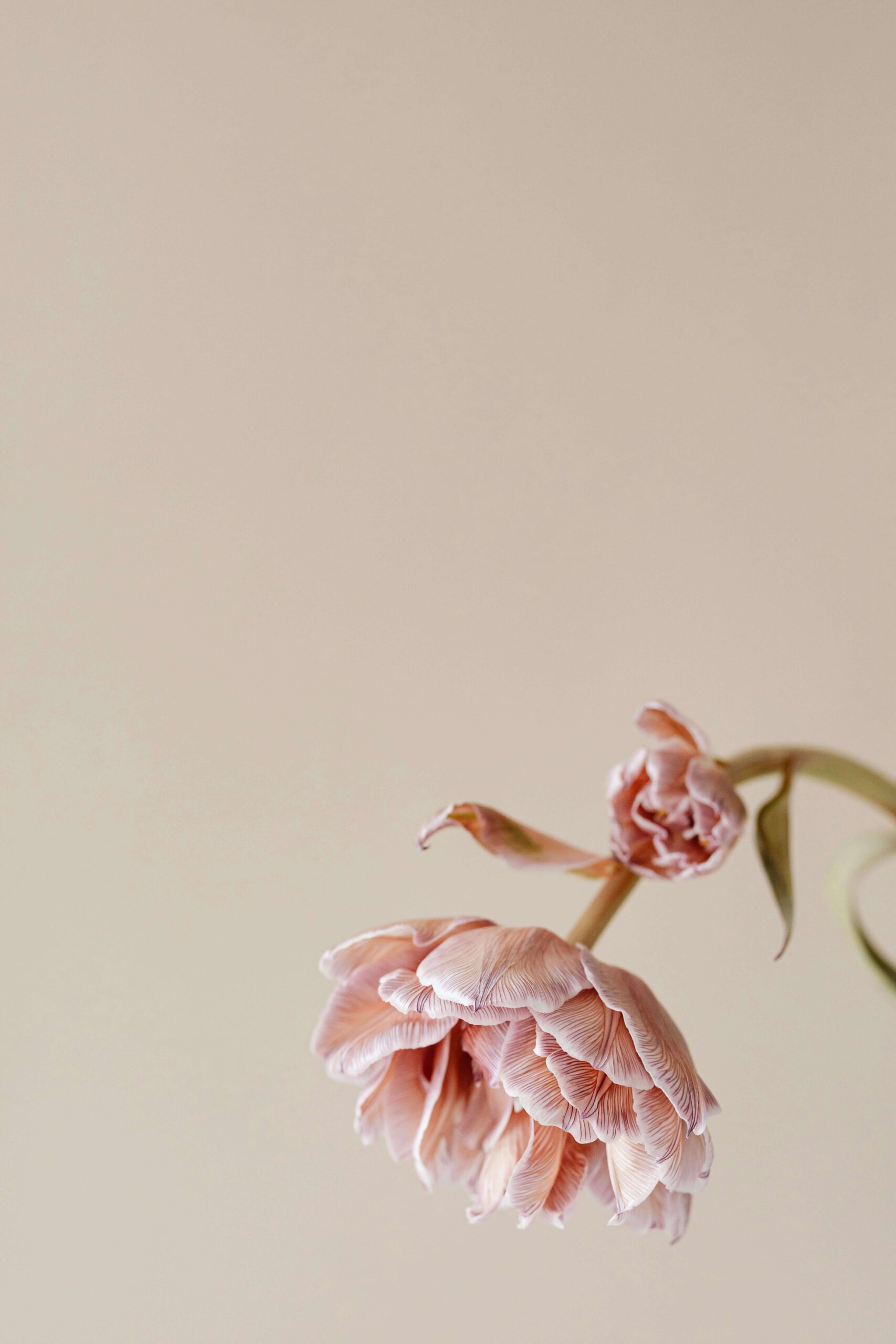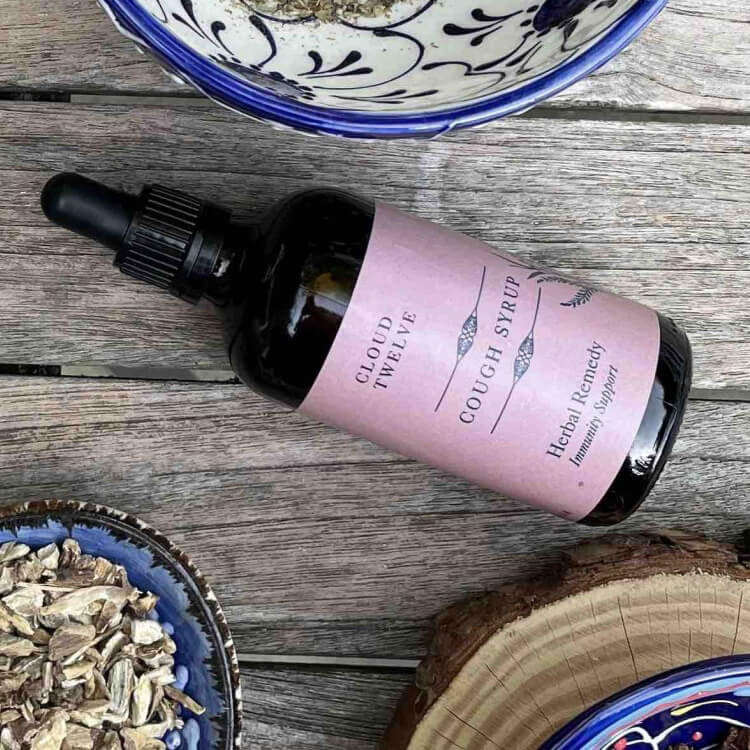For centuries, herbs have been used as natural remedies to support health and well-being. From soothing digestive discomfort to boosting immunity, these botanical powerhouses offer a gentle yet effective way to address everyday health concerns. One of the most potent ways to harness their benefits is through tinctures.
What Are Tinctures?
Tinctures are concentrated herbal extracts made by soaking herbs in alcohol or glycerin. This process preserves the plant’s medicinal properties and enhances their bioavailability, meaning the body can absorb the beneficial compounds more efficiently. Unlike teas or capsules, tinctures offer a fast-acting and highly potent way to experience the healing power of herbs.
In conversation with Jenya Di Pierro, herbalist & founder of Cloud Twelve.
1) What are the key benefits of using tinctures compared to other herbal preparations like teas or capsules?
Tinctures are concentrated extracts of herbs that are alcohol based. They tend to be the fastest acting, as alcohol is easily metabolized and some of it can enter the bloodstream directly if taken sublingually. Additionally, alcohol increases the shelf life of a herbal preparation, which can be preserved for up to 5 years.
2) How do you determine the best alcohol-to-herb ratio when making a tincture?
The ratio is determined by research it terms of the best concentration for extraction of active ingredients, it varies from 25% alcohol for leaves, roots and berries to 95% alcohol for harder resins.
3) Are there any specific herbs that should not be used in tincture form due to potency or potential side effects?
Very few, but there are restricted herbs that are only used in clinic settings in smaller dosages due to risk of side effects.
4) how long do tinctures typically last, and what’s the best way to store them for maximum potency?
Best store in cool dry space in a cupboard, out of direct sunlight. Alcohol is an excellent preservative and increases the shelf life of a herbal preparation for up to 5 years.
5) how do you recommend dosing tinctures for different needs, such as daily wellness versus acute condition?
When taking tinctures medicinally for a specific health imbalance, it’s best to consult with a herbalist regarding dosage, which can differ case by case. Also tinctures strength can differ from 1:1 to 1:10, and needs to be taken into account when prescribing. For general consumption, daily dose of 1:3 25% tincture is 15ml.
6) are there any contraindications or interactions to be aware of when using tinctures alongside medications or other supplements?
Yes it’s always best to check with a herbalist regarding interactions. 25% of pharmaceutical drugs are made from herbs and there can be an additive or antagonistic effect. Less so with supplements, but best to check none the less.
https://www.cloudtwelve.co.uk/jenya-di-pierro-herbal-products

